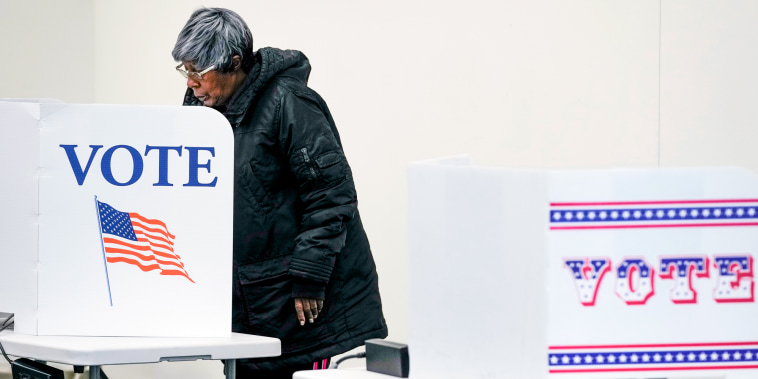
Battle for Senior Support: Parties Evenly Matched in Protection of Social Security
According to recent polls, older voters are overwhelmingly in favor of protecting Social Security benefits, yet political parties are neck-and-neck in terms of support from this crucial voting bloc. This disparity highlights a growing disconnect between the desires of older Americans and the agendas of the major political parties.
The current political landscape in the United States is deeply polarized along partisan lines, with Republicans and Democrats often at odds on a wide range of issues. However, when it comes to Social Security, older voters from both parties are largely in agreement that the program should be protected and strengthened. This bipartisan support for Social Security reflects the program’s importance for many older Americans who rely on it as a key source of income in retirement.
Despite the clear preference among older voters for protecting Social Security, politicians have not always prioritized this issue. Instead, they often focus on other policy areas that align more closely with their party’s platform. This disconnect between the priorities of older voters and the actions of political parties raises important questions about representation and accountability in the political system.
One possible explanation for the lack of action on Social Security may be the influence of special interest groups and campaign donors. Politicians may feel pressure to prioritize issues that are important to these groups, even if they conflict with the preferences of older voters. This dynamic highlights the ways in which money and special interests can shape political decision-making, sometimes at the expense of the broader public interest.
Another factor that may contribute to the disconnect between older voters and political parties is the generational divide in American society. Younger voters tend to have different priorities and concerns than older Americans, which can lead to a lack of focus on issues that are important to older voters. This discrepancy in priorities can create challenges for politicians who must navigate the competing interests of different age groups within their constituencies.
In order to bridge the gap between older voters and political parties on issues like Social Security, it is crucial for politicians to listen to the concerns of their constituents and prioritize policies that reflect the needs of all Americans, regardless of age or party affiliation. By working together to find common ground on important issues, politicians can demonstrate their commitment to representing the interests of all voters and strengthen our democracy in the process.
Ultimately, the overwhelming support for protecting Social Security among older voters highlights the importance of addressing their concerns and ensuring that their voices are heard in the political process. By prioritizing policies that support the needs of older Americans, political parties can build trust with this crucial voting bloc and work towards a more inclusive and responsive political system for all Americans.
